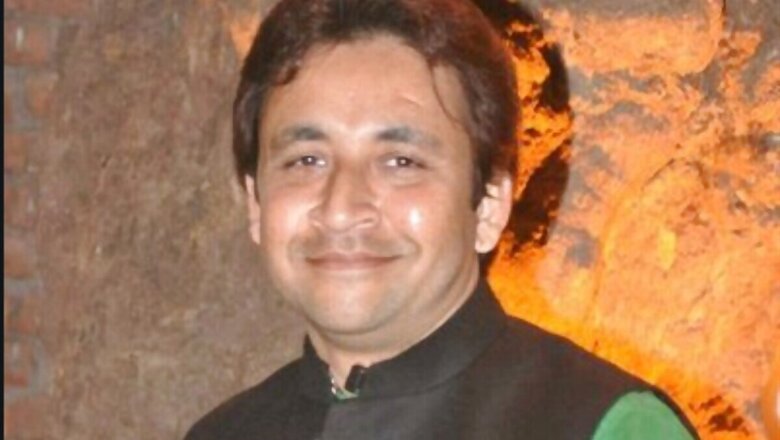
views
His friends call him ‘Nokia’, Nikhil Mandal says, “because I’m always ‘connecting people’.” Mandal is the grandson of famous BP Mandal, the first non-Congress party Chief Minister of Bihar and the chairperson of the backward classes commission, better known as the ‘Mandal Commission’, which changed the course of Indian politics. Having served his party, the JD(U), from, as he says, putting up party’s posters to serving as its spokesperson, Nikhil is now going to fight his first assembly election from Madhepura in Bihar.
In this interview with News18, the 39-year-old talks about his plans for Bihar and on the generational shift in the state politics that the assembly polls are likely to usher in.
Could you talk a bit about yourself and how you got into politics?
Sure. My grandfather was the chairman of the Mandal Commission and spent his life trying to uplift the socially backward classes. My father has also been a political leader who fought four elections and won two of them. I did my matriculation from Patna Central School, finished schooling from Patna College and my graduation from Delhi University’s Kirori Mal College where I also fought and won elections for the post of general secretary. That was my first brush with politics.
I went on to finish three postgraduate programs, an MBA from Symbiosis, a Master’s in Sociology and a Master’s in Law. I’ve also done a certificate course in German from JNU.
My entry into active politics happened at the time of the 2005 assembly elections in Bihar. I wanted to go to Bihar and support my father who was contesting but the bank I worked for in Delhi wouldn’t allow me. So I resigned and returned to Bihar for good and have been here since, serving my party in various roles, from putting up posters to being its spokesperson.
Do you have any memories of the 90s, the Mandal Commission implementation and protests against it? Has it impacted your politics?
I was quite young then, around 9 years old. I remember that our house was surrounded by policemen for 15 days straight. I was too young to understand what was happening. But since then I have spent a great amount of time and effort in understanding what a paradigm shift that moment ushered in. There is no doubt that it has greatly impacted the way I look at society and the way I do politics.
A lot of people are looking at these elections as a moment of transition in Bihar’s politics. There is the question of Mandal politics and the ‘Kamandal’ brand of politics that the BJP brings in — the 10% reservation that the BJP introduced for upper-castes, for instance.
I feel that the 10% reservation is new and a step in the right direction. Economically speaking, every caste has backward people, so this makes a lot of sense. There is no doubt that a sea-change has come into the society after the implementation of the Mandal Commission report. People who used to hesitate in going into the homes of upper caste people are now at the helm of affairs at so many places. It is also true that Lalu-ji (Yadav; RJD chief) talked about backward classes from 90s to 95. That cannot be denied. But after 1995 to 2000, say, he reduced himself to only talking about Yadavs and from 2000 to 2005 he talked only about his own family.
But with RJD even the Yadavs aren’t supporting them anymore. Look at the three Yadav families in Bihar today. I’m one of them fighting on a JD(U) ticket from Madhepura. Jai Vardhan Yadav, the grandson of ‘Sher-e-Bihar’ Ram Lakhan Singh Yadav, is also in JD(U) today. The third is Chandrika Roy the son of former CM Daroga Prasad Rai. JD(U) has these three Yadav families and the 20 Yadav candidates it has fielded to show, as far as its politics for backward classes is concerned. What does RJD have to show for itself?
Another reason why many are considering these elections to be a watershed moment in Bihar politics is because many parties are making way for the next line of leaders after people like Lalu Prasad Yadav, Nitish Kumar and Sushil Modi spent three decades virtually dominating the political space in the state.
Well, I can’t speak for other leaders but I can say that Nitish-ji is absolutely fit. There’s no question of his retirement. He has a lot of work still to do and he is going to be around to do it for a long time to come. But yes, I am happy looking at the list of candidates, be they from any party, to see a lot of young faces. You know, in Indian politics even a 55 year-old person is called a youth leader [laughs]. Naturally, one can see, going through these lists, that parties are trying to groom tomorrow’s leaders. It’s a very good practice.
What plans do you have for Madhepura, the constituency from where you have been fielded?
In the last 15 years, there has been a lot of development here. Medical colleges, engineering colleges, paramedical colleges, many institutes have been opened, maybe more than in any other district. But yes there are fresh challenges that I will try to meet. One of them is to get youth into politics. I am often called ‘Nokia’ because I have a fondness for making friends and always being in touch with them, so I’m always ‘connecting people’. My message to young people is to get into whichever party they want but to join active politics and change and improve the system from within.
Read all the Latest News and Breaking News here










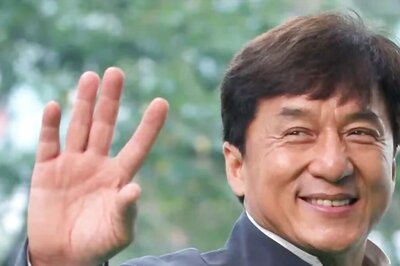

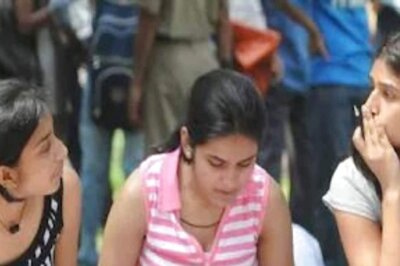

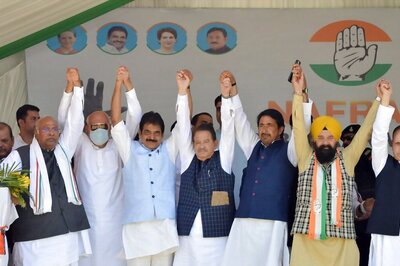
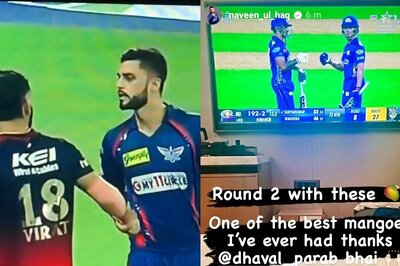
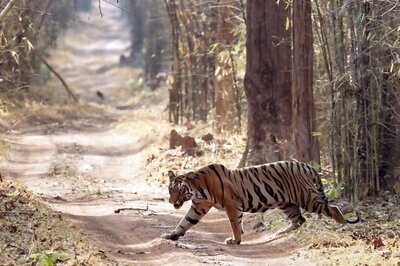
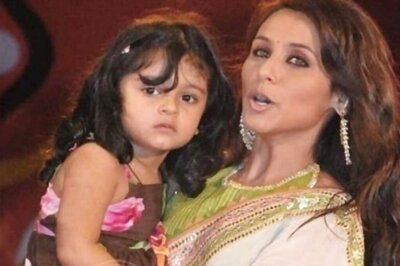
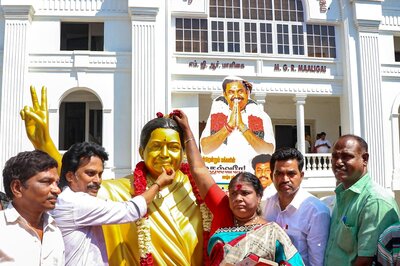
Comments
0 comment